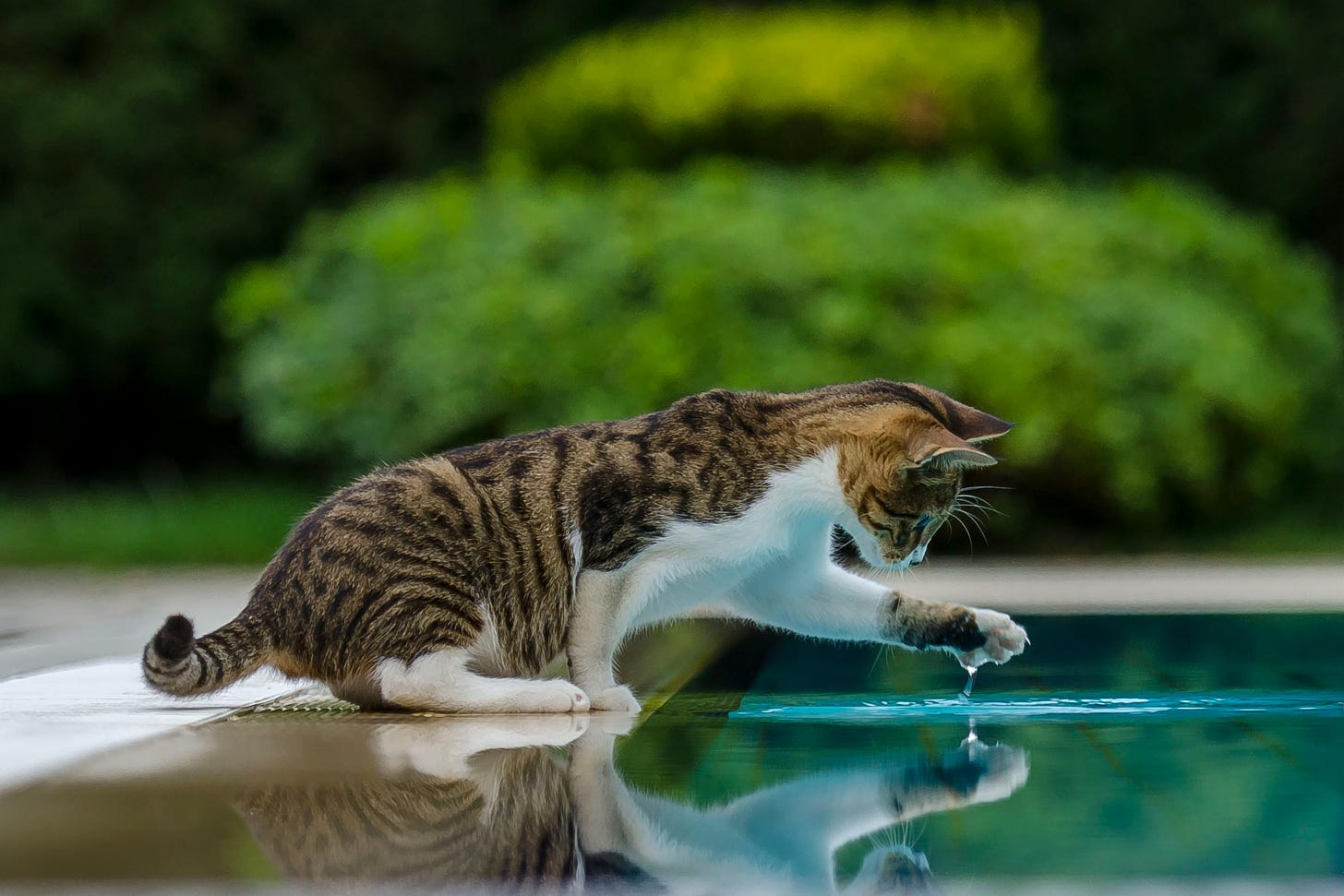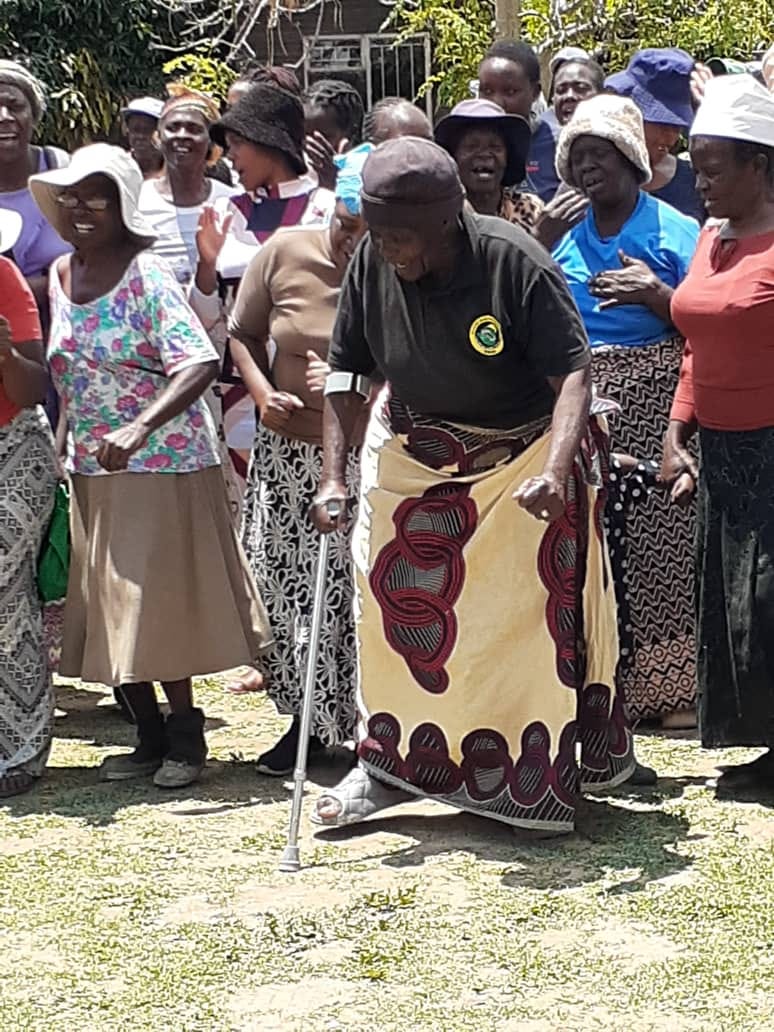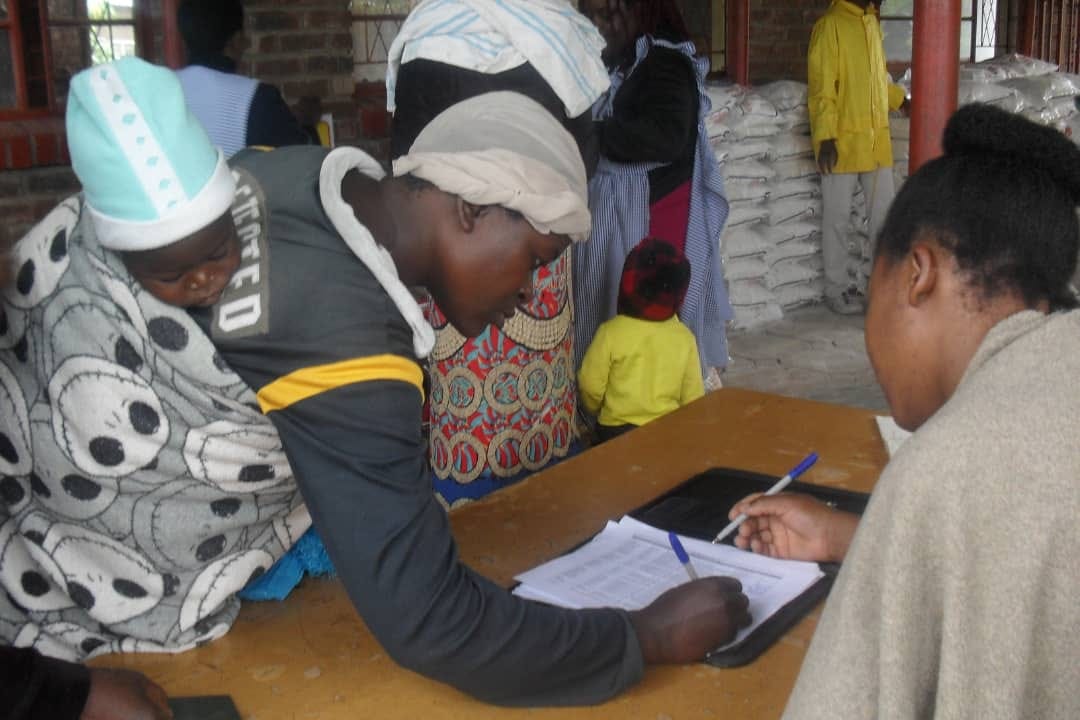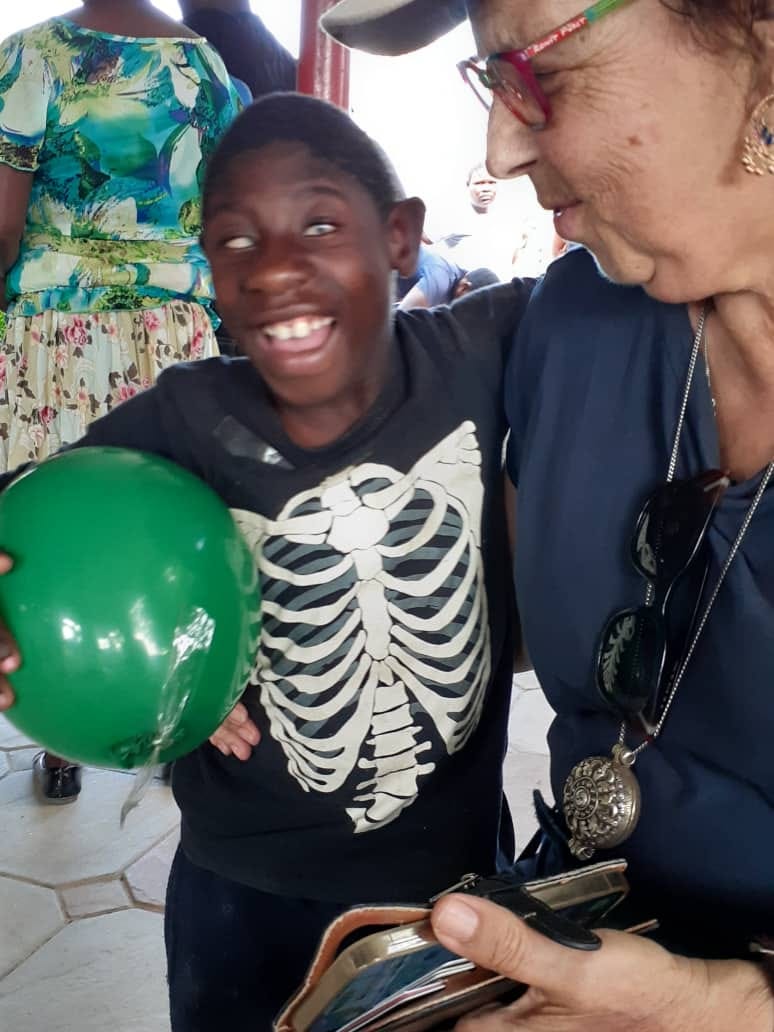(Photo: Tarkan Kızartıcı)
In our society, self-esteem is generally considered to be important. Vital, even, to our wellbeing. We are encouraged to cultivate strong self-esteem and not to put ourselves down or sell ourselves short. Saying and doing things that damage other people’s self-esteem is wrong.
Poor self-esteem is strongly linked to depression – and yes, I can put my hand up to that, being very depressed as a young person, and feeling very low self-esteem. Negative self-talk leading to anxiety and a lack of self-confidence may all come as part of the poor self-esteem package. Along with the constant worry about what other people are thinking and saying about us.
I never questioned any of the conventional view of self-esteem until I started exploring meditation and Buddhism. Little by little I have come to think of the concept of ‘self-esteem’ as less than helpful. One that, while natural, habitual and widely accepted, takes us in entirely the wrong direction.
The word “esteem’ comes from the Latin word aestimare, meaning “to value, appraise, estimate.” Esteem is about estimating, and self-esteem is about estimating ourselves. In relation to whom? Well, other people usually. Or maybe an idea we have about how we should be.
What yardstick do we use in this estimation exercise? We can’t go down to the pharmacy to buy a self-esteem-ometer to provide an immediate, objective measurement about how we stack up to a notional average, or to our ideal selves. Imagine how many self-esteem-ometers would be returned as defective if we could?! Nor are there apps on smart watches or Fitbits to provide a constant monitor about how we’re tracking.
No – the basis on which we decide how we stack up against others is made by … us. The process is entirely subjective.
The idea of sitting in judgement about ourselves on any matter is actually absurd. Of all the people in the world, we ourselves, are the last ones with so much as a shred of objectivity. Would we allow students to grade their own papers for important exams? Arrested criminals to determine if there was a case against them? Peace prize candidates to decide who was the most peace-inducing among them: that could be funny to watch!
But when it comes to estimating oneself, that’s exactly how the game is played. Which is why we can all instantly think of people whose opinion of themselves seems preposterously inflated, just as we may well know others for whom the opposite is true.
Recently I was going through a box of old photos, looking for one of me with my godmother Kay, for last week’s post. I found Kodachrome images from my late teens and twenties. It was a decade I remember with a sinking heart, in which I felt beset by acne and awkwardness. Like many kids, I was struggling to find a sense of identity, a process that wasn’t helped by the seemingly unstoppable and disastrous eruptions on my face.
Looking at the photos now, I thought how I didn’t look much different from a lot of young guys. Sure, I had outbreaks of zits. What of it? Why did I allow a skin condition to assume such a massive and disproportionate hold on my entire sense of self for so very long? To allow a few square inches of skin on my face to so relentlessly sabotage my capacity for joy?
In estimating myself against others, I found I was woefully deficient. I know many people have the same experience, perhaps because of some element of physical appearance, personal history or school, work or social experience that makes us feel flawed, perhaps deeply and irretrievably so.
Where to from here? I would like briefly to explore three different responses to the concept of low self-esteem, each with an increasingly greater level of subtlety.
Antidoting poor self-esteem
The most basic, conventional response is to offer antidotes. To attempt a more balanced view of ourselves that does not involve placing our unwavering focus on the main thing that we believe to be so ruinous, which is what we do. ‘Monotropism’ I have heard a psychologist call it, when a single trope - theme - dominates our mind, and the more we think about it, the more we can’t stop thinking about it, elaborating on it, returning to it, allowing it to so dominate our mind that increasingly we can’t see anything outside of a very narrow attention tunnel.
By this measure, I would go back to eighteen-year-old David and tell him that he has plenty of positive qualities – humour, focus, creativity – that count for a lot more than a few acne flare-ups. Sure, he may struggle to get a date for a while, but that’s certainly no route to guaranteed happiness, perhaps the opposite! In the meantime, there’s no shortage of deeply fulfilling avenues of life to explore.
Unconditional self-acceptance
A step on from antidoting negative self-talk is a quite different approach. Recognising the absurdity inherent in the whole idea of judging oneself, how about turning our back on the idea of self-esteem and replacing it with the practice of self-acceptance? Measuring our own worth against the worth of others is a zero-sum game, even if we could take the subjectivity out of it. So how about accepting ourselves just as we are. Not as we’d like to be, feel we should be or may even desperately want to be.
‘Radical Acceptance,’ says author Tara Brach in her book of the same name, ‘is the willingness to experience ourselves and our life as it is.’ It is about extending the same compassion to ourselves that we would to anyone else in our situation. Brach suggests this is a revolutionary act that helps to undo the aversive conditioning of a lifetime.
Self-acceptance, you could say, is the opposite of self-esteem because instead of forming a judgement we are resisting any such thing. We do not seek to be the equal of this person or better than that one. We do not wish, hope or expect for any change in ourselves – including that thing that bugs us so much. We are learning to be open to the way that we are, here and now, without expectation.
Self-acceptance is a more relaxed, laisser-faire way of being, the opposite of intensely wishing, hoping and praying that we/our lives were different. Moving towards a position of self-acceptance seems to prompt others to accept us more easily too, just as letting go, say, of the need to make a sale, turns us into effortlessly better salespeople. When we step more lightly, act more freely and live in gratitude, our reality becomes a nicer place to be.
Life experience seems to make this easier. As we get older, encountering all manner of people along the road including those we may once have believed had it all, we understand better the fallacy of imagining that we know what it’s like to be them. Sure, certain elements of their lives may be more enviable than ours, but would we take the whole package and exchange our lot for theirs?
With experience we may also discover how much we over-exaggerated concerns about what other people think of us, which I amusingly heard described like this: At twenty, I used to worry what people were thinking about me. At forty I stopped worrying what people were thinking about me. At sixty I realised they were never thinking about me – they were too busy thinking about themselves!
The self is just an idea
Beyond self-acceptance, the Dharma offers an even more subtle and ultimately powerful way to grapple with low self-esteem. This is to pose the simple question: where is this self I am estimating to be found? Is this self my body or a body part? Is it my mind or an element of cognitive activity? If so - given that mind is a flow of constant activity - which particular thought is the self? Where, precisely, is the ‘me’ over whom I despair?
My recent post about the ‘true I’ and ‘false I’ elaborates more about the confection of ideas we have come to think of as ‘me,’ and how most of us have the mistaken notion that there is something about this temporary confection that is concrete and findable, rather than merely passing thought bubbles.
In simple terms, there is no self to be estimated. There are only ideas – subject to instant revision - about a constantly changing continuum of body and mind parts. As I discovered in my youth, all it took was a compliment or a kiss from a pretty girl, and all of a sudden, I was no longer an ugly duckling, but a rather fabulous swan!
For the sake of argument, let’s say that there had been a permanent, findable ‘me’. Where did he go at that miraculous moment? How could the meeting of lips instantly erase his existence? And who was the unfamiliar, glossy being who had taken his place. Good morning Mr. Ego! Or should that be goodbye? She has just said she had too much to drink last night and it was all a mistake. If only I wasn’t such a loser! Yep. Me again.
What I’m trying to illuminate here is not so much the ‘tissue paper mind’ Geshe Loden used to describe our thoughts as being – up one minute and down the next. But a rather wonderful and liberating truth: the self that we fall into the self-sabotaging trap of estimating, the self that we would be better off accepting, is nothing other than an idea we have about ourselves. One that can change in an instant. One that we don’t actually need, because who and what we are goes way beyond this human form and its attached storylines.
Our consciousness, as our lamas need to constantly remind us, is boundless, formless and beyond anything we usually consider. Let’s not buy into a pathetically dumbed-down, limited view of ourselves, and consider, instead, that we are the possessors of Buddha nature and as such have the potential to become fully enlightened beings.
Let’s step back and take a more panoramic view: of the limitless possibilities in which consciousness can manifest, animal as well as human, somehow we have attained this one of extraordinary privilege, embodied not simply as humans but among a spectacularly small proportion of people who are drawn towards a reality beyond this one. To a state that is sublime and available to us, and that, perhaps through the inspiration of others, we have a sense of – sitting ‘downwind of divinity,’ as I’ve heard it described. In such a context, fretting over the perceived inadequacies of this very precious, but temporary life, seems kind of absurd.
Self confidence
Still, we live in the conventional world, and seeking to transform our reality, our mandala, from the mundane to the divine, requires the constant application of effort. For which we need spadefuls of self-confidence. Not self-esteem. A self-estimator may say, “I am smarter and better than most other people around me,” but all we’re being invited to cultivate is the view that: “With focus and determination I can reach my goals.” The advantages of one over the other is self-evident.
We have no permanent “I” or “me,” but we exist conventionally, and this is the self to which our confidence applies. This is the “mere I” who, because it doesn’t exist in any concrete or permanent way, can be changed any way we please. Cultivating focus, resilience, compassion and other qualities is important if we wish to attain our ultimate goals. Why would we not? What higher and more desirable outcome is there than seeking enlightenment not only for our own benefit but for the benefit of others too? And if we don’t make it in this lifetime, at least let’s die trying! As our teachers sometimes remind us – what alternative is there? We have the most precious and worthwhile opportunity available to us here and now.
As one of the great Buddhist yogi’s of the past, Saraha, describes so beautifully in his Song for the King:
“Hold onto the essence of what your lama teaches you and see your unborn nature as if it were a piece of gold resting in the palm of your hand – that thing which children cannot see. Every child is fooled by their perceptions.”
Our unborn nature is our Buddha nature, so called because we have had it with us since the beginning of time – it has never been born. Children fooled by their perceptions is a reference to things like the self which self-esteem invites us to compare and contrast to some notional yardstick. When we fixate on mundane misperceptions, we cannot see the gold resting in the palm of our hand.
So, dear readers, let’s turn away from self-esteem. Let’s focus rather on our unborn nature, the gold resting in the palm of our hand, and let’s do so with gratitude, confidence and a recognition of the extraordinary preciousness of a life in which we even hear such words, much less have the opportunity to embody them.
The ROKPA Support Network team ready to swing into action
I was thrilled to receive some photos this week from ROKPA Support Network, one of the Zimbabwe-based charities you help as a paying subscriber to this page.
Part of ROKPA International organisation, inspired by Akon Rinpoche, this Buddhist-motivated not-for profit runs many programs for disadvantaged communities, in places like Zimbabwe where there are no unemployment benefits, functioning hospitals or other basic elements of government support that those of us in developed countries take for granted. Co-founder of ROKPA, the extraordinary Lea Wyler, was visiting during a recent food distribution event - always a happy occasion.
A warm welcome, Shona style, includes singing and dancing from both the adults …
and children. Food distribution has a process that includes registering,
and isn’t all about the staple mealie meal (maize/cornmeal), but may also include peanut butter!
Lea spent some time with Tatenda, one of the children at ROKPA’s Chitungwiza Day Care Centre who was born with microcephaly. He has made great progress since coming to the centre.
Focusing our compassionate attention on others is a valuable practice. Apart from the good we can do in the world, and the virtuous karma we create, time thinking about others reduces the amount of time we spend thinking about ourselves. There is something about being overly-absorbed in our own reality and concerns that makes things worse. But when we spend even a little while imagining what it’s like to be in another person’s shoes, it helps put our own problems in perspective.
Thanks to each and every one of you for your continuing subscriptions, which bring relief and joy to overlooked places where it would not otherwise exist.
If you aren’t already a paying subscriber to this newsletter, please consider becoming one, and joining our virtual community of people around the world helping some of the most vulnerable people and animals.
In giving we truly do receive!











Good Morning David! I appreciate how you come up with new ways to focus my attention, and motivate me to stay on the path. A simple idea of a piece of gold in my hand is a wonderful metaphor that I shall take with me. Thank you!!
Warm regards,
Stacey
It makes so much sense. Thank you David.